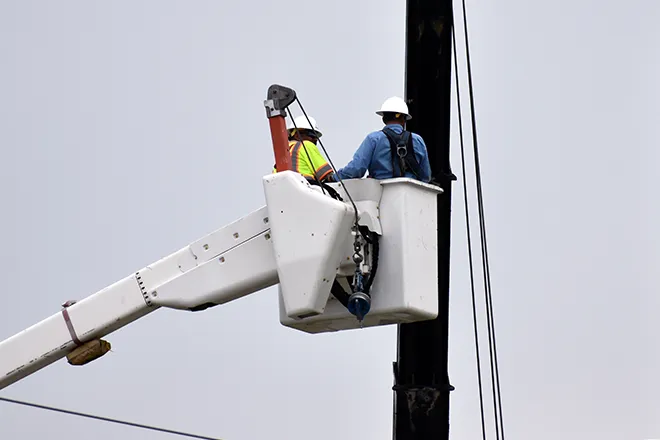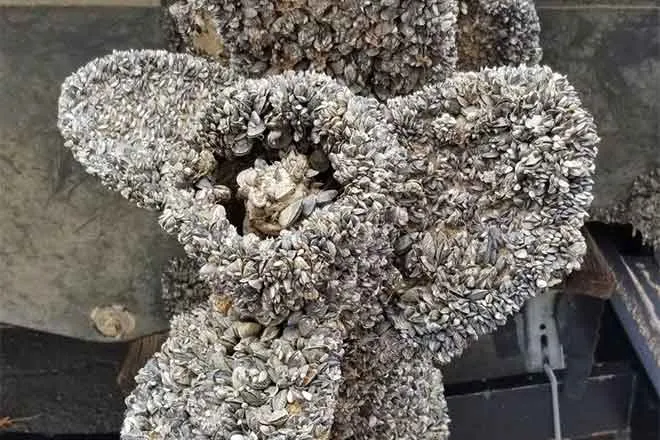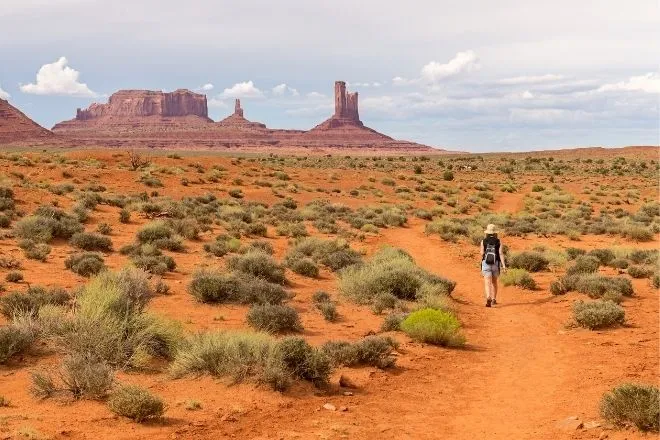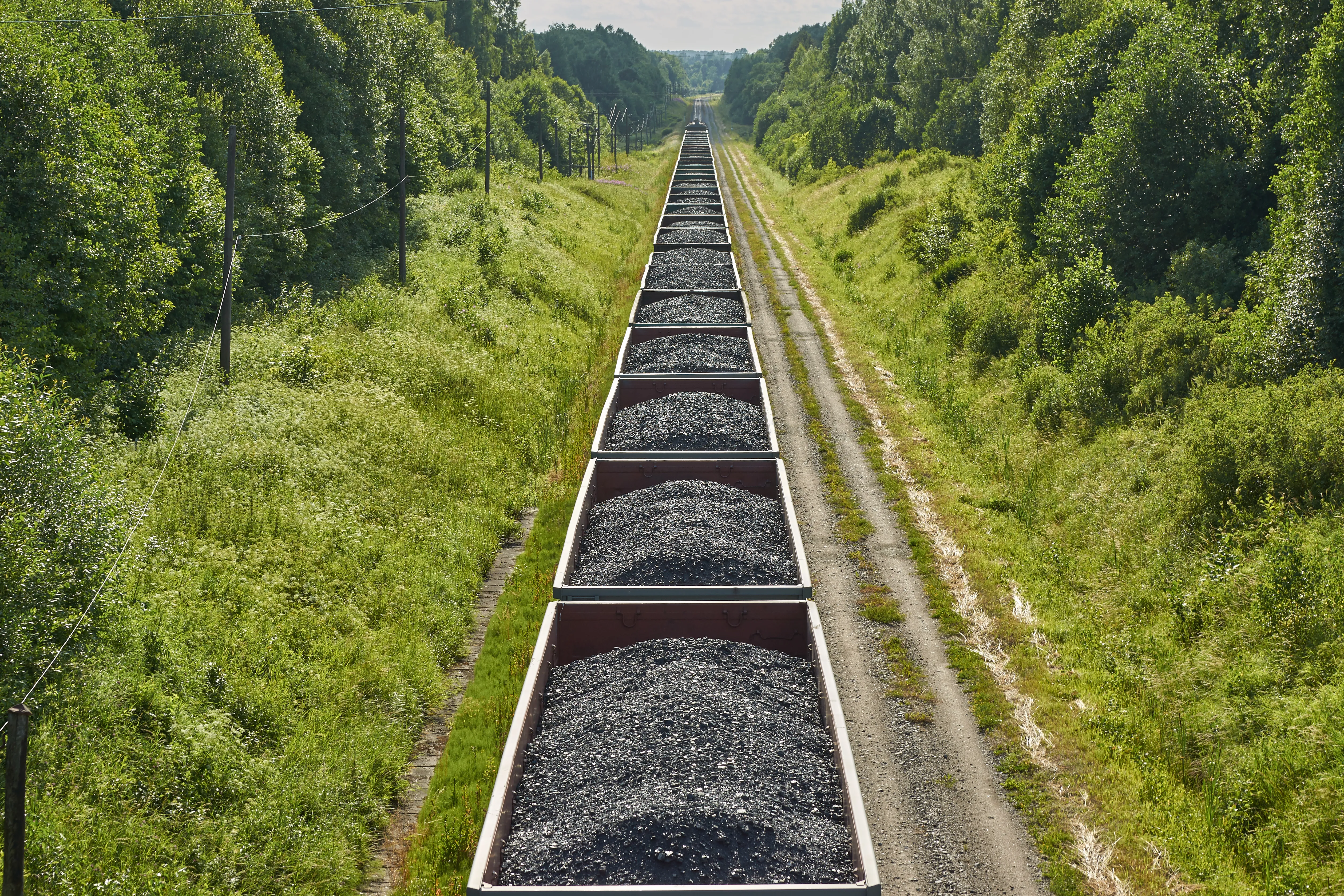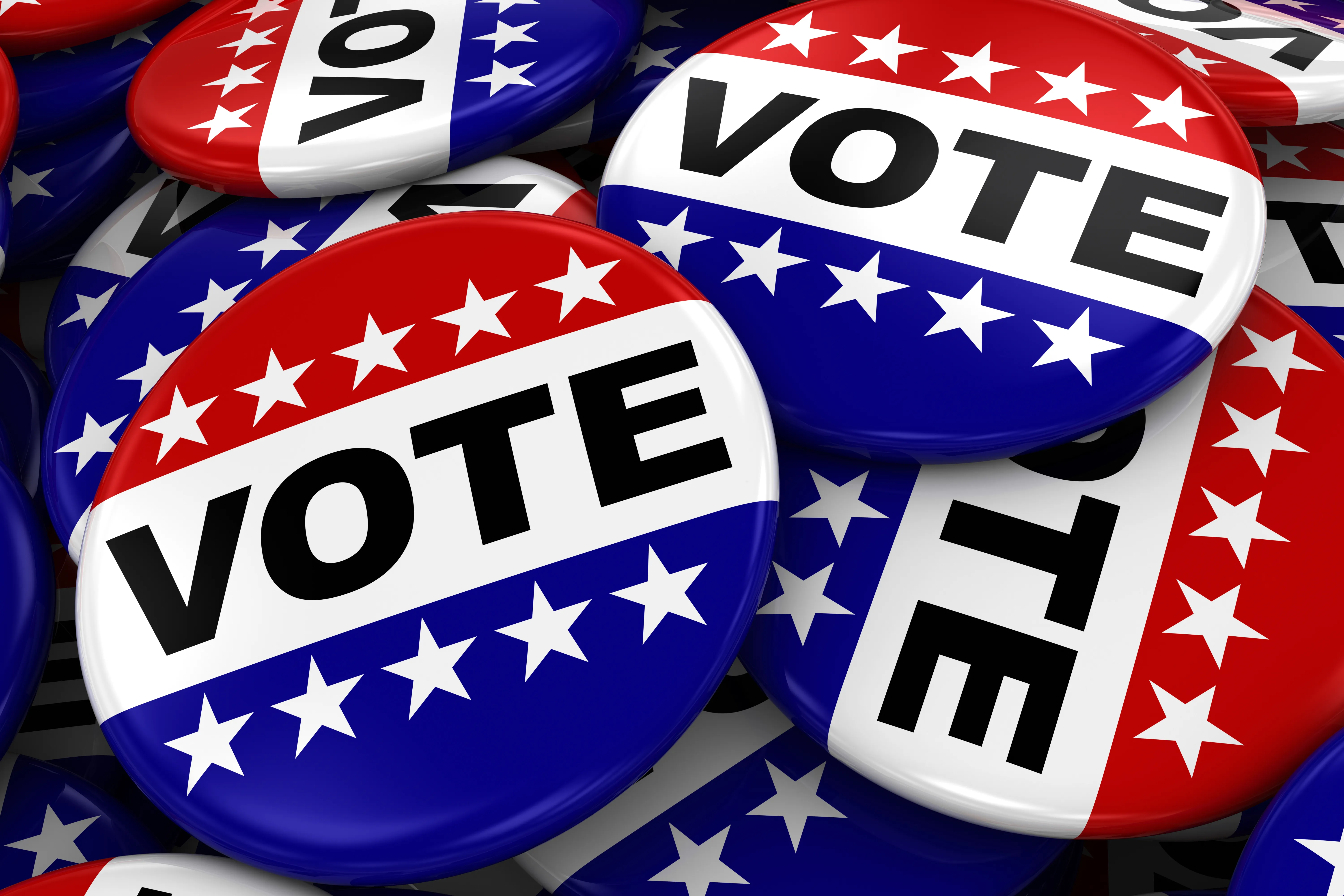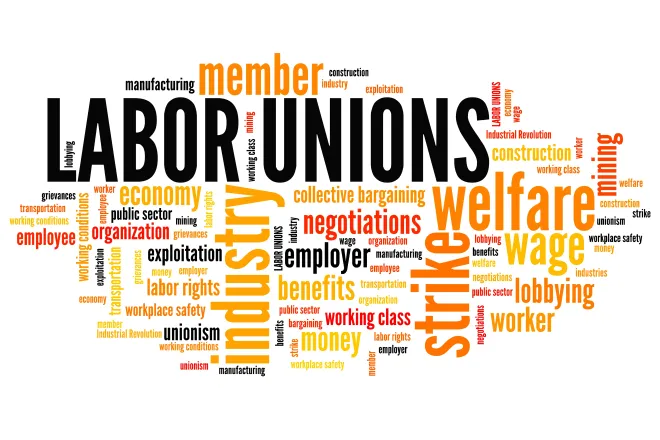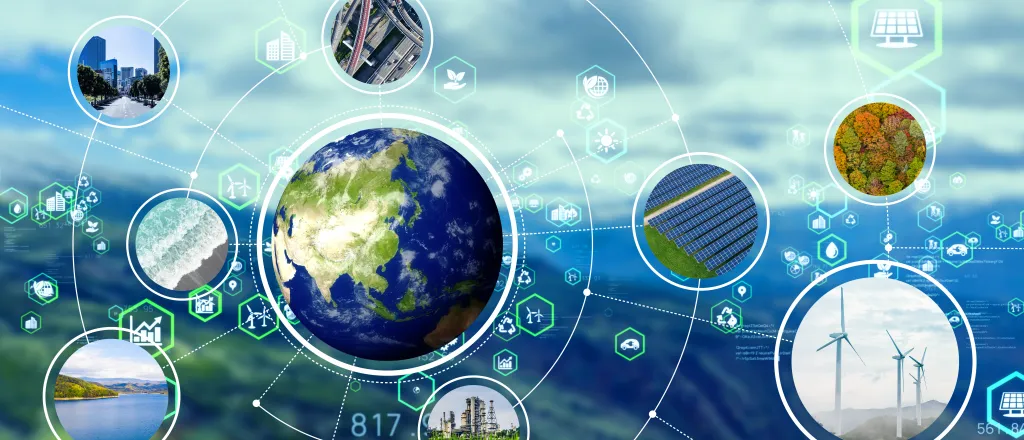
Utah Mormon steward applauds EPA's final methane rule
Click play to listen to this article.
(Utah News Connection) Members of the Mormon Environmental Stewardship Alliance in Utah are applauding the Environmental Protection Agency's final rule that sharply reduces emissions of methane and other air pollution from oil and natural-gas operations.
Soren Simonsen, treasurer and board member with the Alliance, says clean air is fundamental to life, and that the health of the climate is directly related to overall well-being. He added his group is very appreciative of all the work that has gone into what he calls a "thoughtful rule," which helps address methane emissions.
According to the EPA, these emissions are responsible for about one-third of current warming resulting from human activities.
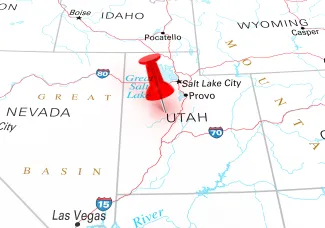
"It particularly is impactful in Utah because of the geography of Utah," Simonsen said. "We have many valleys, and in the middle of those valleys, communities are situated. And many people are familiar with the inversions of Salt Lake Valley and Utah Valley and Cache Valley. It is a growing problem in the Uinta Basin as well."
Simonsen said the problem is exacerbated by ozone and other aspects related to methane releases which come from areas in the state that focus on high production of fossil fuels. He said to those who feel the rule is a "heavy hand of government," it's important to remember it will help ensure better health outcomes for everyone, especially people who live and work near oil and gas facilities.
According to the EPA, the rule creates a "streamlined pathway for owners and operators to demonstrate that new technologies" can help meet the performance requirements in the rule. Simonsen added Utahns have a great way to figure out how to turn challenges into opportunities.
"I'm totally convinced that the innovation that we see in Utah industry and the entrepreneurial spirit that embodies really the entire community is going to figure out how to do this and do it really, really well, " Simonsen continued.
Simonsen added the rule is what he considers to be the "lowest-hanging fruit" in the fight against not only the climate crisis, but the public health crisis as well.



